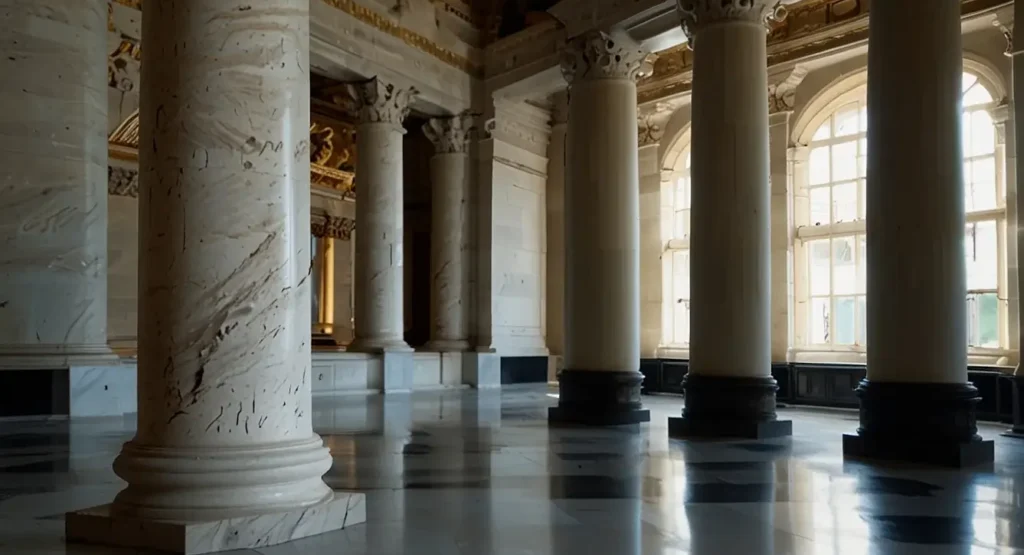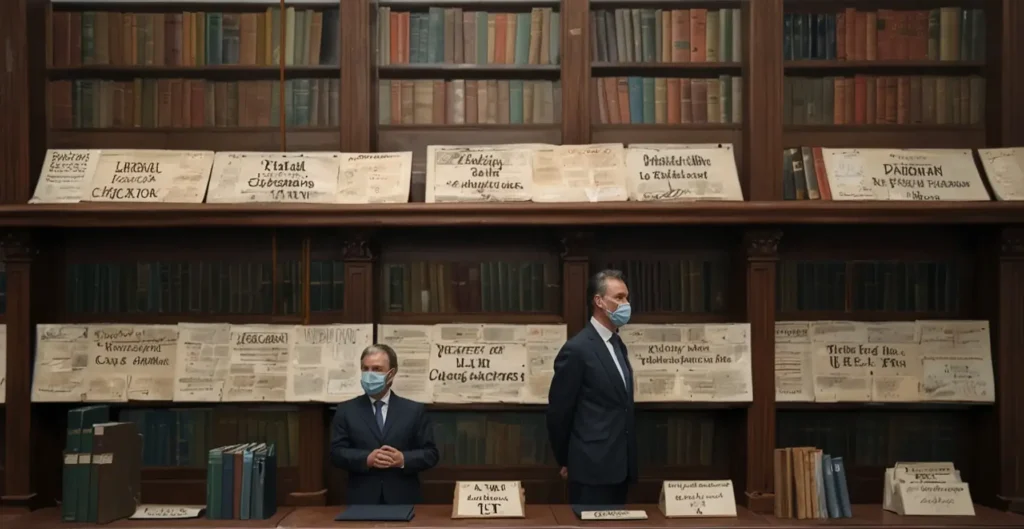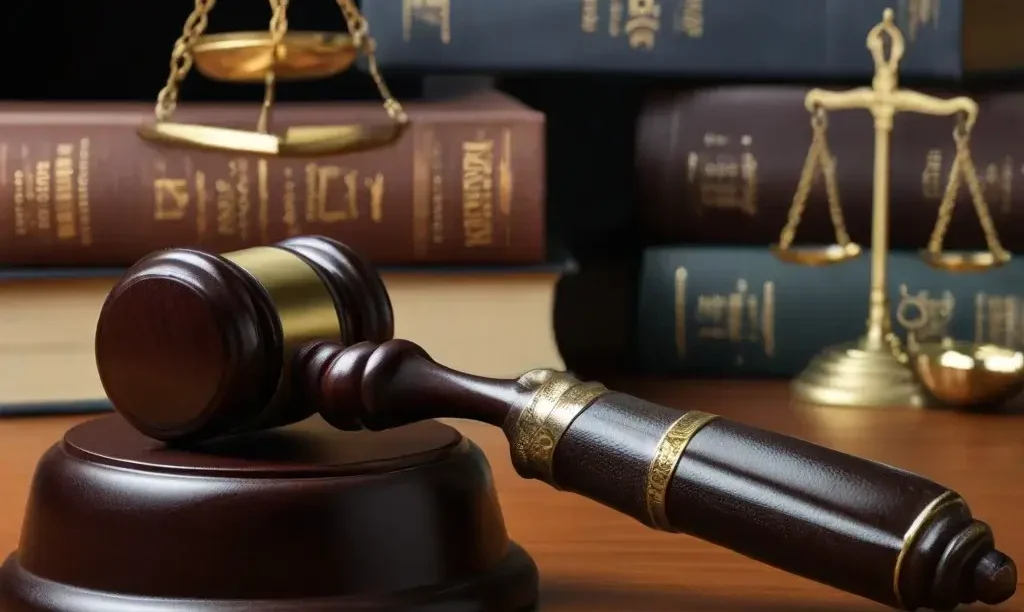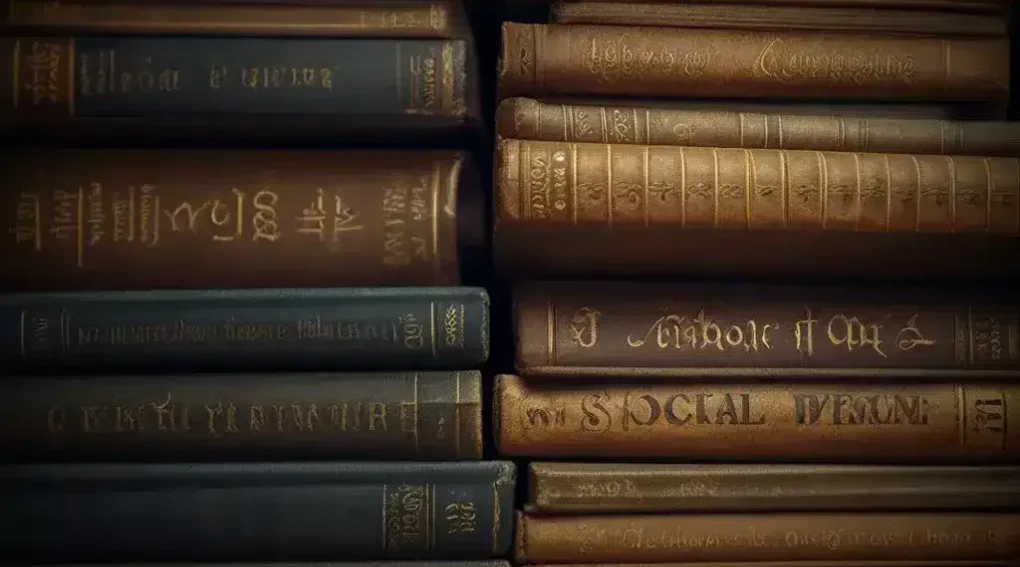Legislation and Custom
A custom is a regular pattern of behavior that people choose to follow consistently. Customs have a significant impact on shaping human behavior in every society. The term ‘custom’ originates from the French word “costume,” which conveys the idea of tradition, practice, or usage.
Similarities Between Legislation and Custom
Legislation and custom share certain similarities. For instance:
- Law can be derived from both legislation and custom.
- Legislation and custom serve a similar purpose in society, as they both aim to regulate human behavior.
- It is observed that a majority of the population adheres to both.
Differences Between Legislation and Custom
An understanding of the distinctions between customs and legislation is essential. The distinctions between the two are as follows:
- Legislation is established by the sovereign through its competent authority, whereas custom is a behavior that has developed over time.
- Legislation requires the presence of an authority for its implementation. Without a competent authority, the notion of law would become meaningless, since individuals would lack the incentive to adhere to it. A custom is not constrained by any obligations, as it is adopted and promoted by individuals voluntarily.
- Legislation obtains its power from the will of the State. Customs derive their legitimacy from the collective desire of the populace.
- Legislation possesses superior power relative to customs.
- Legislation provides enhanced flexibility compared to customs, since it may be amended to correspond with the changing needs of society and prevailing conditions. Customs undergo a more slow evolution and are not readily altered.
- Legislation ceases to exist once it is repealed by the sovereign. Customs diminish in importance as they are progressively forsaken by their former adherents.
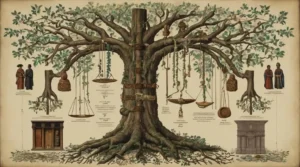
Difference between Legislation and Precedent
As previously noted, precedents are rulings that offer advice to courts in addressing similar cases in the future. There are certain differences that arise between the two when compared to legislation.
| Basis | Legislation | Precedent |
|---|---|---|
| Aim | The principal objective of the legislation is to establish law. | The purpose of precedent is to elucidate and implement the law. |
| Authority | Legislation is promulgated by the state. | Judicial precedents are established by the courts. |
| Power | Legislation possesses the authority to annul any legislation, whether statutory or precedential. | Precedents can only suspend the enforcement of a regulation if it contravenes the provisions of the Constitution. |
| Ease of Understanding | The legislation is explicit, succinct, and codified. This facilitates comprehension and adherence. | Precedents are not readily comprehensible to everybody, since one must examine the complete body of case law to discern the precedent. |
| Lawmaking | Legislation establishes regulations by forecasting societal needs. | Precedents establish rules alone when a matter is presented before the courts. Precedents rely on litigation. |
| Applicability | Legislation is mostly prospective but may be retrospective at times if so determined.[1] | Precedents possess a retrospective character. |
| Method used | A deductive approach is employed in legislation. (general to specific) | In precedents, rules are established by the inductive technique. This occurs when judges select laws from statutes and implement them. (specific to general) |
Legislation and Precedent: Which is Superior?
Abrogative power
Legislation possesses abrogative authority. It serves not only as a source of new legislation but may also modify or repeal existing laws if necessary. Precedent lacks such authority.
Efficiency
Legislation facilitates a beneficial division of work that enhances efficiency. The duty of the legislation is to make law while the duty of the judicature (system of court, judges) is to interpret and apply the law according to the nature of the cases.
Declaration
Legislation is officially enacted. Justice necessitates that laws be known prior to their application and enforcement. It is not possible in the case of precedent.
Provision for future cases
The Act establishes regulations for cases that have not yet emerged, necessitating that the Precedent awaits the emergence of a disagreement prior to a court-issued ruling. The precedent is contingent, but legislation is autonomous from the course of litigation.
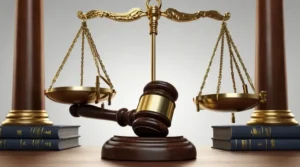
Form
Statute law is often superior to case law in terms of formality. It is unequivocally apparent and readily available.
Rule of law
Legislation guarantees the supremacy of law. But the broad generalization and unconsidered or unexplained decisions tend to substitute judicial flat not only for the rule of the democratic majority but also for the rule of law. Precedent or custom cannot exist opposite to statute (written) law.
Conclusion
Legislation is widely regarded as the primary source of law. After carefully examining the distinctions between legislation, custom, and precedent, it becomes evident that legislation holds the greatest influence and carries the highest level of authority. The codification of laws aims to enhance accessibility and comprehension for all individuals, regardless of their background or nationality. Information is more attractive as a source of knowledge when it is presented in an organized way.
Legislation is widely utilized by numerous countries as a means of establishing and governing various aspects within their borders. Several nations have integrated specific societal norms into their legal frameworks. India is among the nations. When deciding to incorporate a custom into national legislation, it is essential to meticulously evaluate many criteria. Conversely, precedents exert a considerable influence on the nation’s comprehensive legal framework. Consequently, it is clear that all three play a role in the operation of a nation.
[1] In prospective studies, individuals are monitored throughout time, and data is gathered as their characteristics and situations evolve. In retrospective, individuals are sampled, and data is gathered about their pasts.

